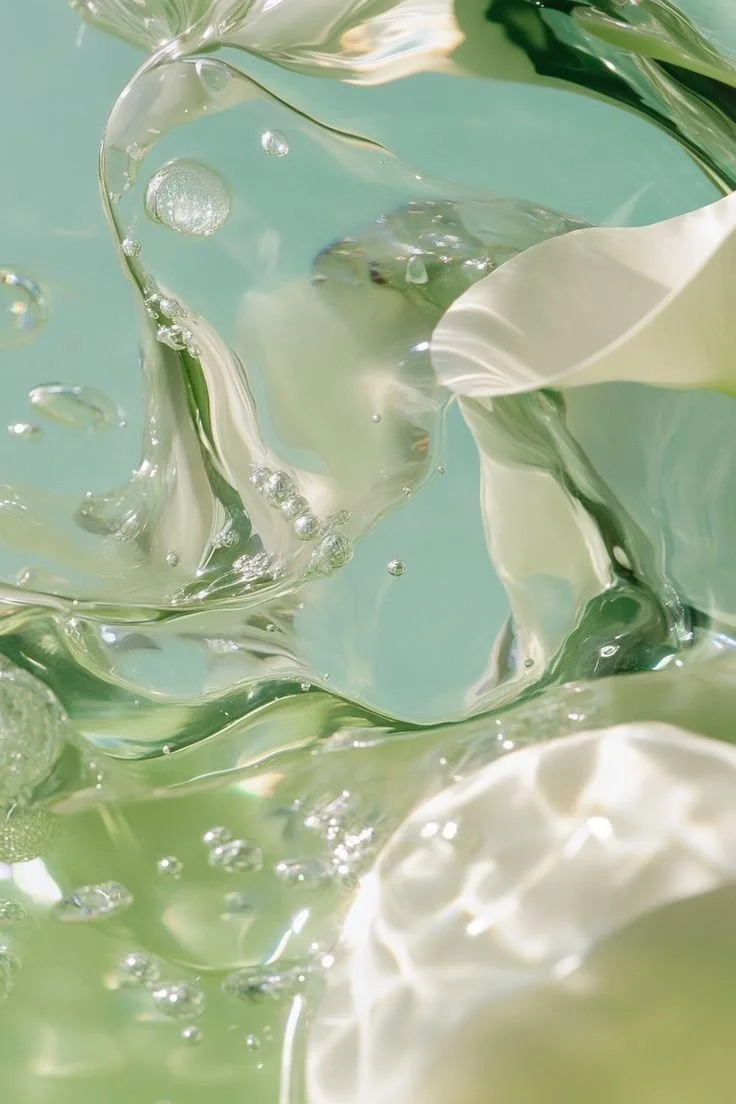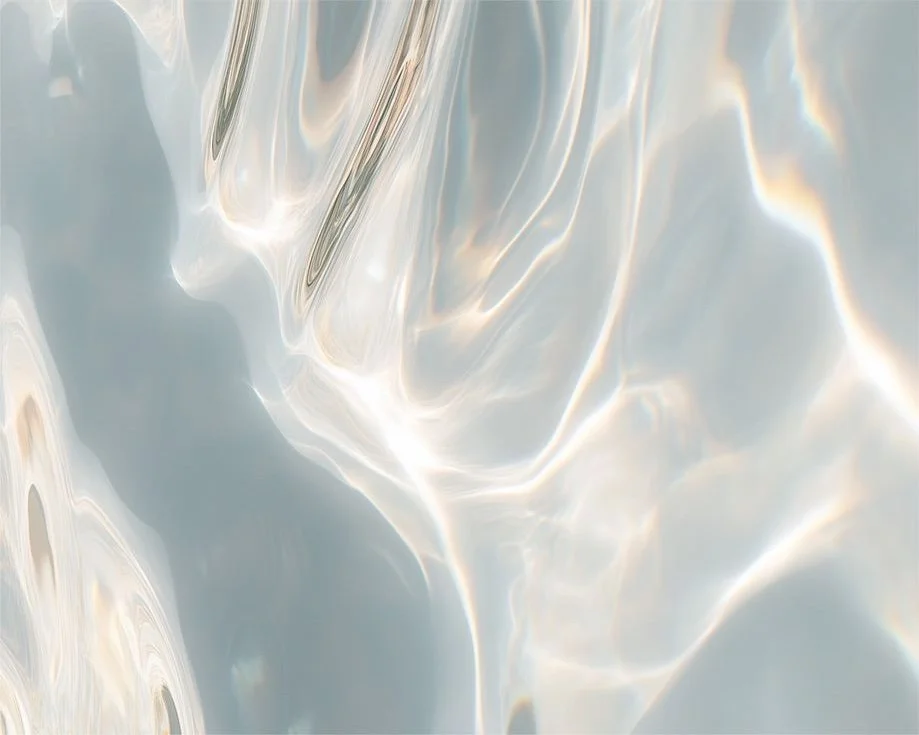Hard Water Damage : What’s Really Happening to Your Hair
/
Hair loss and breakage are some of the most common complaints people have when it comes to personal grooming and appearance. While many blame shampoos, hair dyes, or styling tools, few realise that the real culprit may be the water flowing out of their taps. Hard water, water that contains high levels of dissolved minerals such as calcium and magnesium, is increasingly recognised as a major factor behind dry, brittle, and thinning hair.
At Big Power Water Co., we know that the quality of your water doesn’t just affect your plumbing or appliances; it directly impacts your hair, skin, and overall well-being. By understanding how hard water causes damage and what can be done about it, you can take control of your hair health and prevent long-term problems.
What is Hard Water?
Hard water is defined by its resistance to soap lathering. If you’ve ever washed your hands and felt a filmy residue, you’ve experienced hard water firsthand. This residue is caused by minerals that remain on your skin and hair.
The key minerals responsible are:
Calcium carbonate (CaCO₃)
Magnesium sulphate (MgSO₄)
Types of Water Hardness
Temporary hardness: Caused by bicarbonate salts. It can be removed by boiling.
Permanent hardness: Caused by sulphate salts. It cannot be removed by boiling.
Both forms contribute to mineral buildup on the scalp and hair shaft. Unlike dirt or oils, these minerals are stubborn and do not wash away easily, leading to long-term damage.
The Effect of Hard Water on Hair
Hard water forms a mineral film around hair strands. This coating prevents moisture and nourishing ingredients from penetrating the cuticle. Over time, this leads to:
Dryness and brittleness
Breakage and thinning
Frizz and tangles
Dull, lifeless hair
A green or brassy hue in coloured hair
Dry, itchy scalp
Difficulty in styling and colouring treatments
How Hard Water Impacts Hair Health
People who live in areas with hard water often notice their hair feels different after washing — it becomes rougher, harder to style, and more prone to tangling. Over time, the constant buildup of calcium and magnesium on the scalp weakens hair strands from the root to the tip.
Professional hairstylists explain that this mineral coating prevents conditioners, oils, and treatments from penetrating properly. As a result, hair loses moisture, becomes brittle, and is far more likely to break when brushed or styled.
Dermatologists also warn that individuals with sensitive skin conditions such as eczema or psoriasis may experience even greater irritation on the scalp, leading to dryness, flaking, and additional hair stress.
In short, the everyday exposure to hard water doesn’t just affect the appearance of hair; it gradually undermines its strength, elasticity, and growth potential.
Short-Term vs Long-Term Problems
Short-term issues include frizz, tangles, dryness, and scalp irritation.
Long-term exposure leads to thinning, breakage, and, in severe cases, noticeable hair loss.
Master hairstylists warn that when hair is constantly weakened by mineral buildup, healthy regrowth is affected, and over time, strands lose their natural elasticity. This results in flat, unmanageable hair that is difficult to style or colour.
Repairing Hair Damaged by Hard Water
If your hair is already showing signs of damage, don’t worry, some remedies can help revive and strengthen it.
1. Install a Water Softener or Filtered Shower Head
The most effective solution is to prevent mineral deposits from reaching your hair. Whole-home water softeners are ideal, but a more affordable option is a shower head filter with carbon cartridges that reduce calcium and magnesium before they hit your scalp.
2. Use a Clarifying Shampoo
Clarifying shampoos help dissolve mineral buildup. Use once a week to detox your hair. Be sure to select one specifically designed for mineral removal, not just styling product residue.
3. Apply Hydrating Hair Masks
Moisturising masks restore shine and softness. Apply at least twice weekly, ensuring the product is massaged into the scalp and worked through to the tips. Leave it in for a minimum of 5 minutes for the best results.
4. Try Leave-in Conditioners
Opt for a low-pH leave-in conditioner. These close the hair cuticles, locking in hydration and blocking mineral deposits from re-entering.
5. Rinse with Vinegar or Citrus Solutions
Natural rinses using apple cider vinegar or lemon juice help rebalance scalp pH, dissolve mineral residue, and restore shine. They also provide vitamins like B and C, which strengthen hair.
How to Wash Hair in Hard Water
If you have no choice but to shower in hard water, use these strategies to limit damage:
Focus shampoo on the scalp, where buildup is worst.
Use sulfate-free shampoos on non-clarifying days to avoid over-drying.
Rinse hair in the direction of natural growth (from crown forward) to reduce pulling and breakage.
Always rinse thoroughly before applying conditioner.
End showers with a cold water rinse to seal cuticles and lock in moisture.
These techniques won’t solve the problem entirely, but they help reduce the impact.
Why Reverse Osmosis and Water Filtration Are the Best Solutions
While shampoos, masks, and rinses provide temporary relief, they do not eliminate the root problem: the minerals in your water supply.
That’s where Big Power Water Co. comes in. We specialise in reverse osmosis and advanced water filtration systems that permanently solve the hard water problem.
Benefits of Purified Water for Hair & Skin
Stronger, shinier hair with reduced breakage
No mineral buildup, meaning easier styling and healthier regrowth
Improved scalp health, reducing dryness and irritation
Better skin hydration, free of soap scum residue
Extended life of hair colours and treatments
Cleaner laundry and longer-lasting appliances as a bonus
Investing in water purification means investing in your confidence, appearance, and health
Hard water is more than a household nuisance; it’s a silent cause of hair loss, dryness, and breakage. Scientific studies confirm that mineral-heavy water weakens hair structure and reduces elasticity, leading to long-term damage.
While short-term fixes like clarifying shampoos and vinegar rinses can help, the only real solution is addressing the water itself. By installing a reverse osmosis or water filtration system from Big Power Water Co., you not only protect your hair but also improve your family’s overall quality of life.



